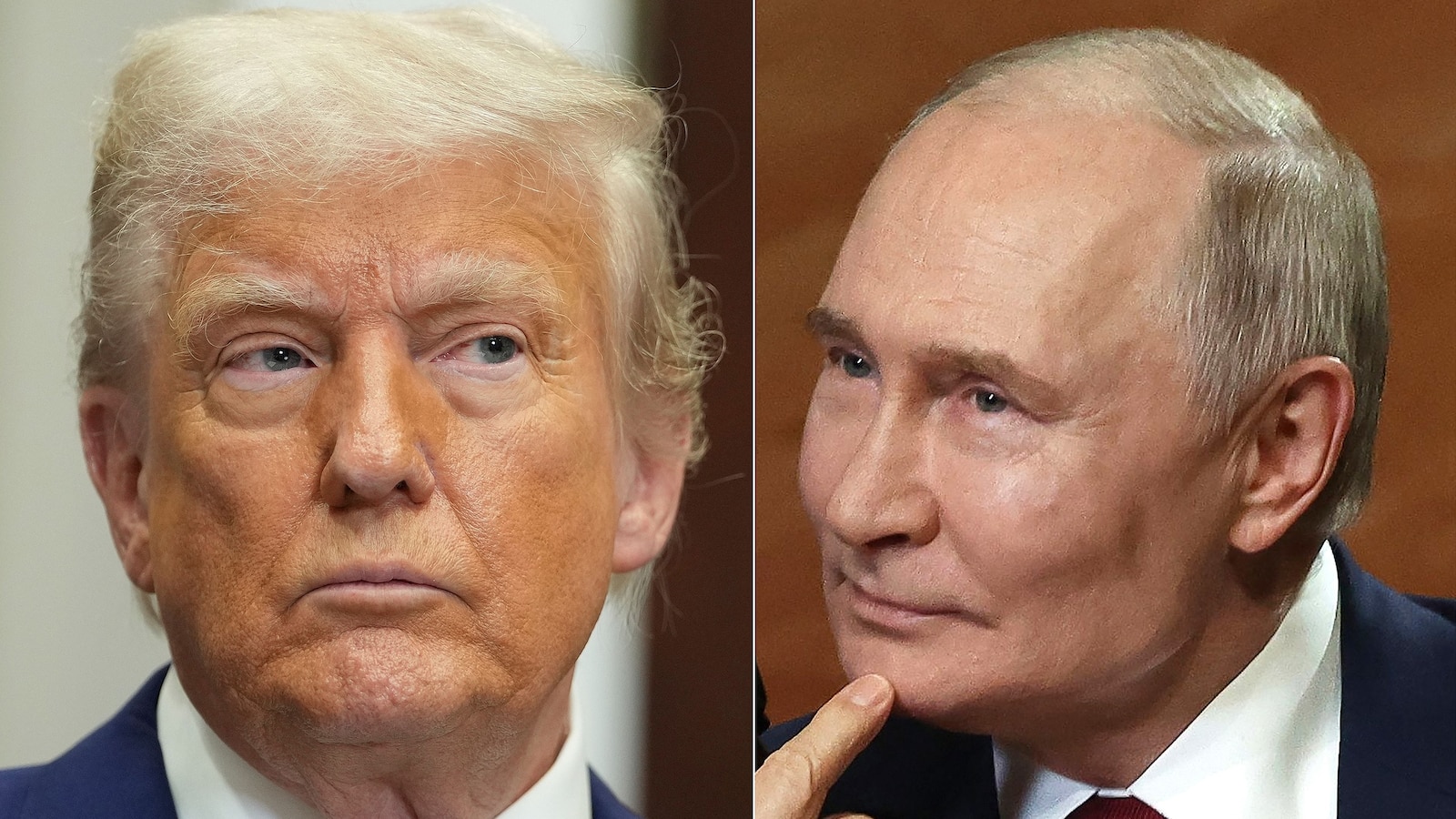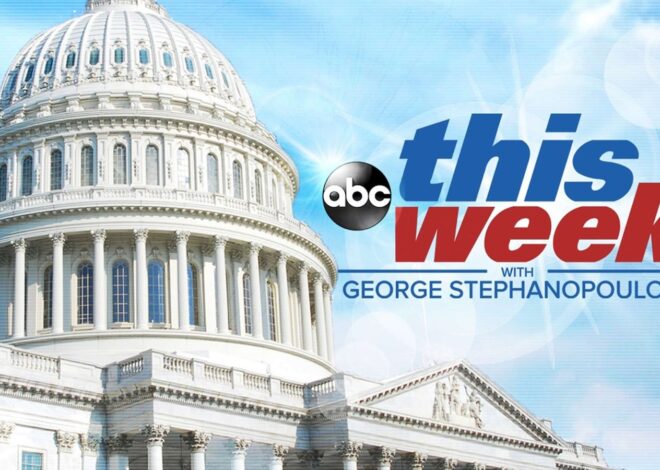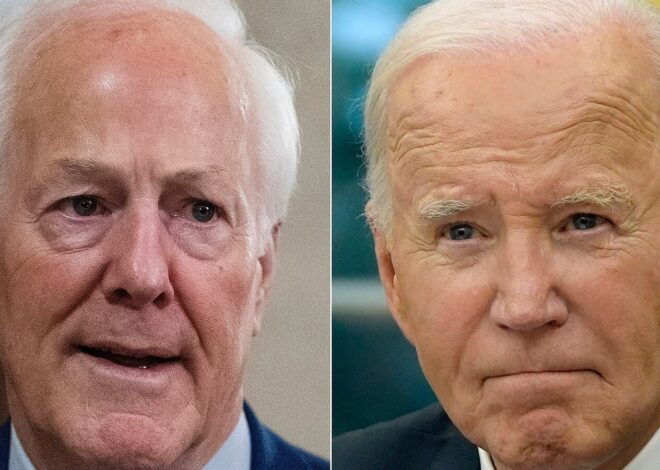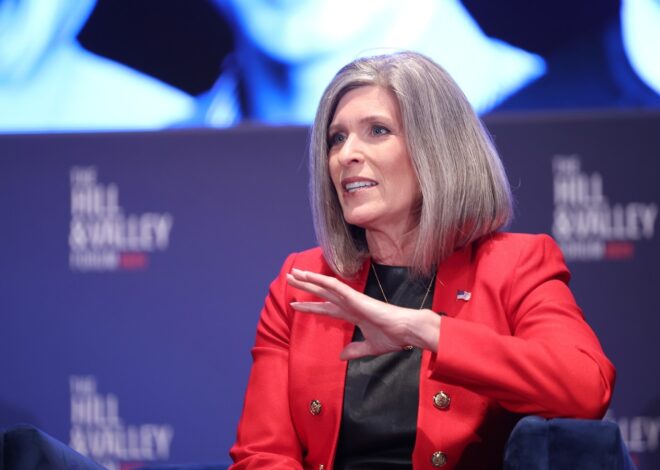
Trump Criticizes Putin’s Ukraine Offensive: Will He Enforce Repercussions?
A Volatile Dance: Trump, Putin, and the Ukrainian Crisis
Maybe it starts with a single comment-President Donald Trump mentioning how his personal bond with Vladimir Putin could navigate the complexities of the Ukrainian conflict. One could say it seemed optimistic, perhaps overly so, considering recent events. Trump’s belief in his rapport with Putin, he argues, might be the key to unlocking peace. Yet, with Moscow’s strikes on Kyiv over the weekend, Trump’s sentiments seemed to shift abruptly. On his social media, he called out Putin’s actions as “absolutely CRAZY!”
Trump’s stance on Putin raises questions. Once describing their relationship as “very good,” Trump’s more recent comments suggest a different reality. He’s warned that Putin is “playing with fire”-but whether these words carry weight remains unclear. Will actions follow, or are these just idle threats? When pressed on potential consequences should Russia continue its aggressive tactics, Trump deflected, leaving many wondering about the depth of his strategy.
The weekend escalation has stirred a flurry of diplomatic chatter. Former U.S. ambassador William Taylor points out, “Putin’s intent has been obvious… He has been able to play and outplay President Trump all along.” Yet Trump seems to be waking up to a stark reality-Putin is no ally. Despite the rhetoric, the Kremlin has dismissed Trump’s comments as emotional, arguing he doesn’t fully grasp their motives.
Trump’s response has been mixed. Sanctions? He said “absolutely” but hasn’t followed through. Could his words truly signal a shift, or is it more of the same? For instance, a proposed phone call last week between Trump and Putin led to little change, despite discussions of a future peace memorandum. Trump mentioned the Vatican as a potential venue for negotiations-only for Russia to reject it.
Retired Gen. Keith Kellogg spoke of possible new talks in Geneva. Maybe involving Trump, Putin, and Ukraine’s Volodymyr Zelenskyy. It’s a tense dance-one with serious stakes. On whether Putin genuinely wants to end the conflict, Trump sidestepped, hinting at future clarity: “We’ll find out in about two weeks.”
Then there are those who believe Putin’s playing a long game, pretending to negotiate while continuing attacks. Stephen Sestanovich from the Council on Foreign Relations remarked, “If Trump thinks Putin’s approach shows considerable disrespect for him, well, he’s right.” There’s a growing chorus within the U.S. calling for economic pressure. A bill from Senator Lindsey Graham has amassed significant support, seeking to penalize countries purchasing Russian energy.
In the midst of this, Taylor stresses, “Now is the time for him to take action.” Yet, Trump has hinted at possibly backing away, leaving Putin and Zelenskyy to find their own resolution. Such a decision might favor Putin-analysts caution that it would signal a major concession on Trump’s part.
For Trump, retreating isn’t merely political; it could be seen as an admission of defeat, something his administration is unlikely to want. As these developments unfold, the global community watches with bated breath. Maybe this is how it always starts… or doesn’t. The stakes are undeniably high. To stay informed on the unfolding crisis, you might visit BBC News.
The dialogue continues, and perhaps the question lingers: Is this the beginning of a genuine shift, or simply another chapter in the ongoing saga?



